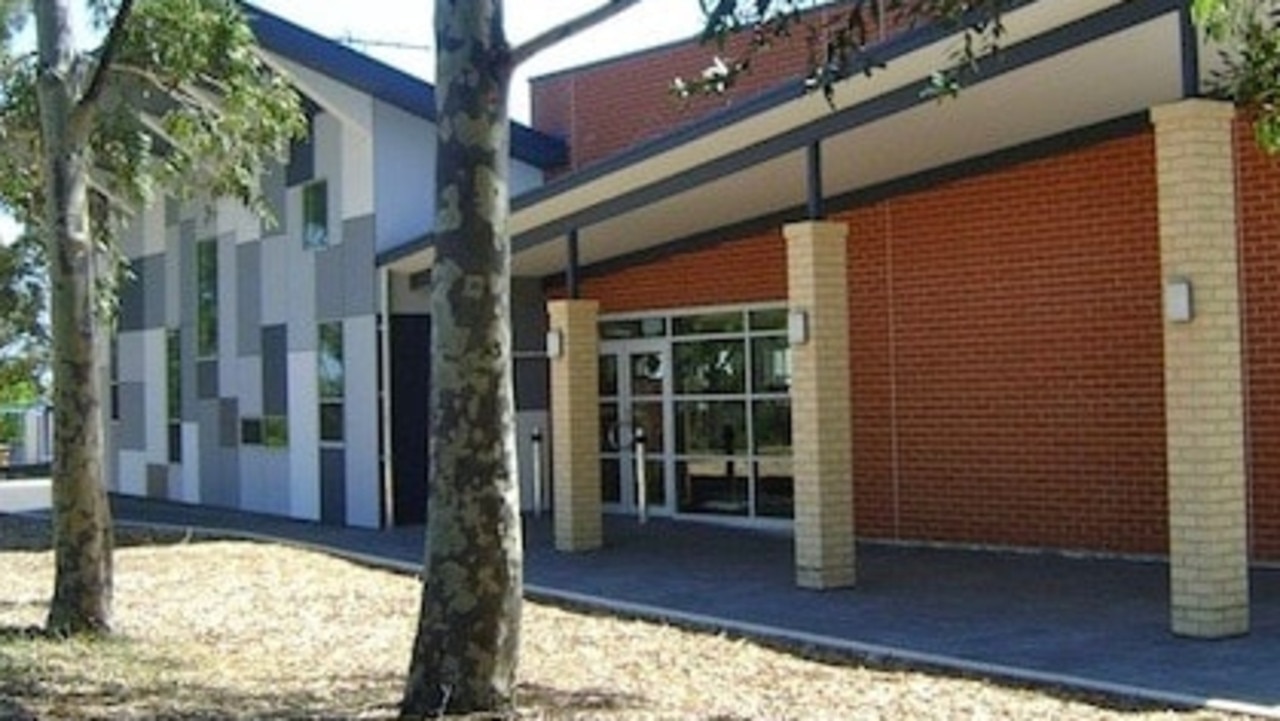Violent bikie released after two-year fight with parole board
A notorious criminal involved in one of the state’s most violent bikie bashings has won his two-year fight to be released from prison on parole.
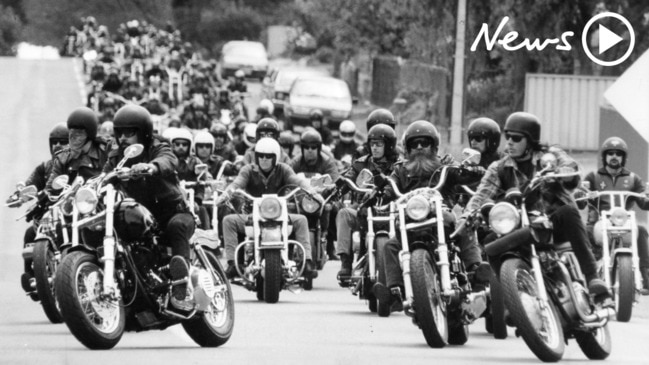
Police & Courts
Don't miss out on the headlines from Police & Courts. Followed categories will be added to My News.
One of the state’s most violent bikies has been released from prison after an almost two year battle with the Parole Board for his freedom.
But former Fink Paul Paunovic is now subject to some of the harshest conditions ever imposed on a parolee to reduce the safety risk to the community.
They include him being subject to 24-hour electronic monitoring, a night curfew banning him from leaving his home between 9pm and 6am and a ban on him wearing any bikie insignia or attending any meetings, rides, gatherings or joining any bike gang.
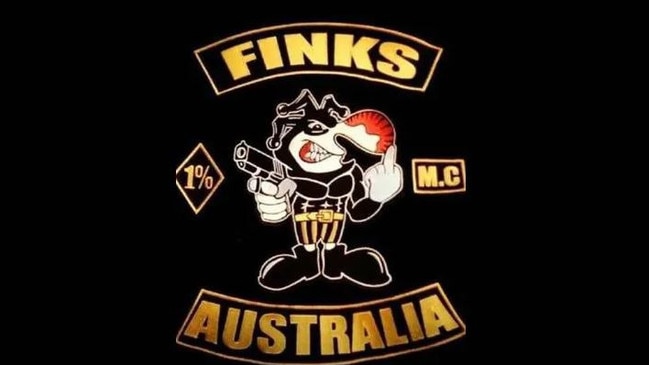
Paunovic’s battle with the Parole Board included him launching a Supreme Court action, in May, after two applications for release on parole were refused and then deferred – while the Parole Board sought reports on his suitability for release.
The board’s concerns revolved around fears he would reoffend, associating with outlaw motorcycle gang members.
Paunovic, 48, was serving a 12-year prison sentence in connection with one of the most horrific bikie bashings in the state’s history – inflicted on a fellow Finks member who was almost killed in the incident.
Paunovic was one of five Finks members who bashed fellow member Charlie Bonnici in a brutal and sustained attack in the Finks northern chapter clubrooms at Salisbury in February 2013.
In the incident Mr Bonnici was severely beaten about the head and chest with pool cues, a vacuum cleaner and had toenails ripped out with pliers.
A pair of boltcutters was used to remove his $67,000 gold chain that was then taken from him.
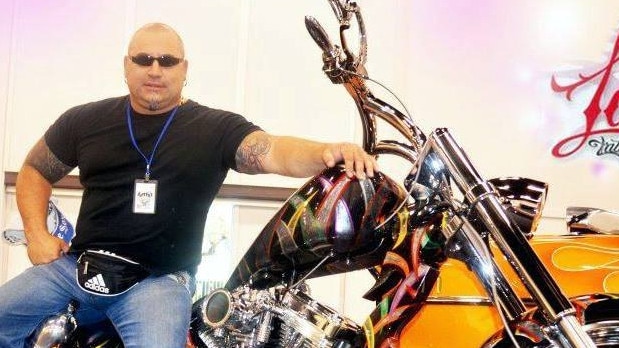
He suffered a collapsed lung, 13 fractured ribs, a broken jaw and nasal bone, severe lacerations to his face, and a severe closed head injury that has resulted in a lasting brain injury.
Paunovic, along with fellow Finks’ members Corey Dettman, Mostyn Niemann, Bozidar Cekic and Richard Ciantar, were convicted of aggravated causing serious harm and aggravated theft in a judge alone trial in the Supreme Court in March 2016.
Chief Justice Chris Kourakis sentenced the men to prison terms of between seven and 15 years.
Paunovic, who was on parole for serious offences at the time of the incident, was given a 12-year head sentence and ordered to serve the remainder of his unexpired parole cumulatively, which resulted in a new non-parole period of 14 years and eight months.
Paunovic has a shocking criminal history dating back more than two decades.
It includes multiple convictions for break and enter, theft, assault, armed robbery and escaping from prison.
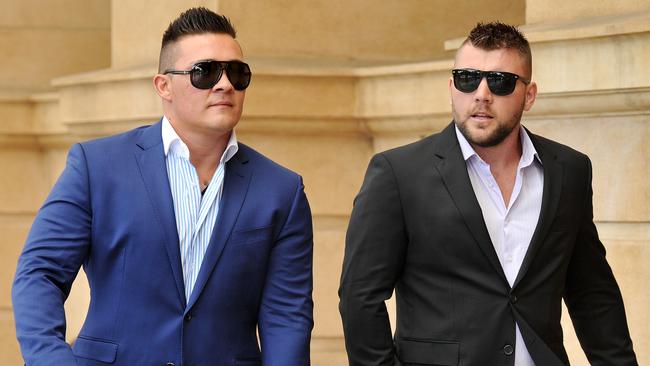
While Paunovic was a Fink at the time of the attack on Mr Bonnici in February 2013, it is uncertain if he joined other Finks’ members in patching over to the Mongols gang in late 2013.
In his application for judicial review, lodged on May 17 this year, Paunovic sought the quashing of the Parole Board’s decisions to refuse his applications for parole – alleging “a jurisdictional error’’ and a “denial of procedural fairness.’’
He also alleged the Parole Board “considered irrelevant considerations’’ in its decision making process.
“The applicant has spent a significant time in custody and even though there may be Correctional Services records alleging bad behaviour, at no time has the applicant ever been charged or brought before a judicial process,’’ he stated in his application for review.
“These records are allegations only and should carry no weight in any decision making process as they have never been declared to the applicant for right of reply.’’
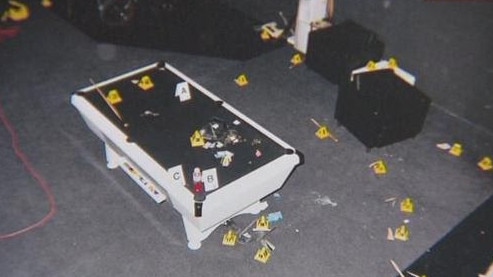
In its response seeking to have Paunovic’s application for judicial review dismissed, Parole Board lawyers state its consideration of his application has “occurred with all convenient speed.’’
The response reveals the Board considered Paunovic’s latest application for release on January 31 and resolved to interview him “in relation to the issues of risk of reoffending, response to supervision and outlaw motorcycle gang associations.’’
He was interviewed by the Board on April 11 and advised it would “take everything into account and that it will not rush to make a decision.’’
On April 13 it did not determine his application, but resolved to defer it for six months pending the receipt of a “post treatment report from Relationships Australia and Life Without Barriers.’’
The board received those reports and interviewed Paunovic on July 5, resolving to grant his parole, subject to 26 conditions.
He was released from custody on July 25.



